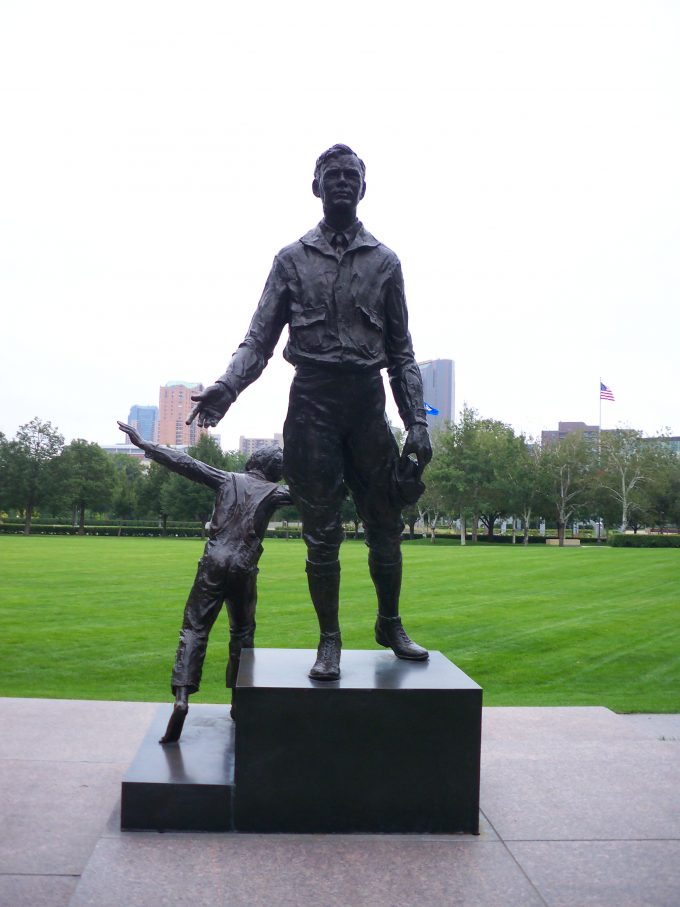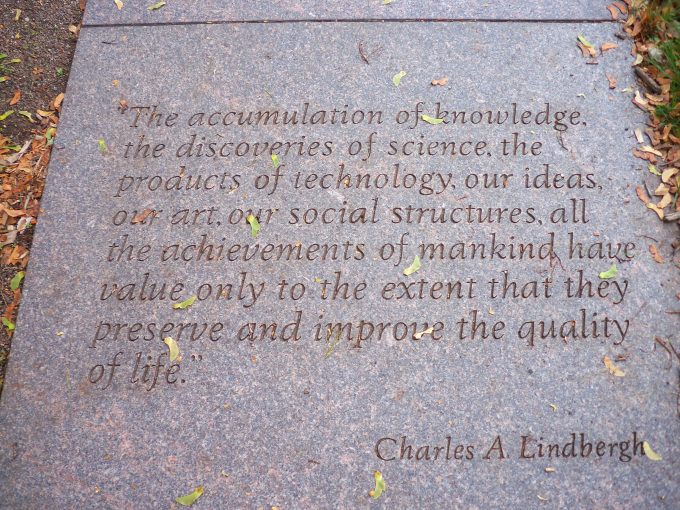
Saturday, 12 August 2017
For the Lord Himself will descend from heaven with a shout, with the voice of an archangel, and with the trumpet of God. And the dead in Christ will rise first. 1 Thessalonians 4:16
In this verse, Paul explains the dead in Christ rising first by beginning with “For.” After this word, he will give details about what will occur which are parenthetical in nature. Then the final sentence picks up the main thought once again. To see this laid out, “For (…) the dead in Christ will rise first.” The words between these two thoughts simply give details of the sequence of events which will lead up to this. That sequence of events begins with, “the Lord Himself will descend from heaven with a shout.”
The word translated as “will descend” is only used this one time concerning the second coming of Christ. It was used by John concerning Christ’s first advent when He came as a Man. It is also used when the Spirit descended on Christ at His baptism in Matthew 3.
Here the word “shout” is one found only here in Scripture. It signifies the shout of a command. Further, the word translated as “with” is the Greek word signifying “in.” The clause reads, “Because Himself the Lord in a loud command, in the voice of an archangel…” The context does not make it known if this is actually the voice of the Lord, or the voice of the archangel. John 5:25-29 speaks of the dead rising at the voice of the Son of Man, but with the mentioning of the archangel, it may be that he is the chosen herald, announcing the coming of Christ. Thus it would add a dignity to the event which is often seen among earthly kings and nobles. It is possible, as some interpret this, that there is both a shout of the Lord which is accompanied by the voice of the archangel, thus these are two separate parts to the events being described..
Concerning “the voice of an archangel,” who is being described can only be speculated on. The term “archangel” is only used here and in Jude 1:9 where Michael is named. Michael is then identified in Daniel as “one of the chief princes,” and “your prince” when speaking to Daniel, an Israelite. As he is one of a number of “princes,” it could be him or another unnamed archangel. Jewish writings do identify others, and Gabriel is noted in both Daniel and Luke as an angel, and as he is said in Luke to “stand in the presence of God,” and because he is the herald of the messages given to Daniel and Zechariah, he is a likely choice to again herald the sound of this memorable event in redemptive history. This is certainly possible because the Greek has no article before “archangel.” Instead it simply says, “(an) archangel.” This is important because in Jude, Michael is identified with an article, “the archangel.” This then means that he is not the only archangel, and so it is highly inappropriate to definitively single Michael out for this event, especially when it relates to the church, and not specifically to Israel.
Paul next says, “and with the trumpet of God.” Again, the Greek preposition is “in” the trumpet of God. It is as if His descent occurs during the shout and during the blast, signifying that He is the center of attention, not the voice or the blast itself. They sound forth only to call our attention to Him. It is reminiscent of the amazing events of the descending of the Lord upon Mount Sinai in Exodus 19:16-20. The sound of a trumpet from God is referenced elsewhere in Scripture many times as well.
Finally, Paul says, “And the dead in Christ will rise first.” This is the explanation of the previous verse. Those who are dead in Christ will hear the events, they will respond to the call, and they will come forth… to life! To everlasting life!
Life application: If you want life, you need Christ. Call on Christ, and be one of those who will be taken up to be with Him forever. His word is true, the message has been written, and we have the surety of God’s word that these things will come about.
Lord God, the idea of eternal life is something we cannot even imagine. It is written on our hearts to live forever, but what that really means is beyond our ability to mentally grasp. No matter what it will be like, there is one truth which we can rejoice in… We will be with our Lord Jesus. Because He has defeated death, we too can do so by calling on Him. It is a guarantee from Your wonderful word that we can be freed from this body of death and be granted eternal life with You. May that day be soon! Amen.




